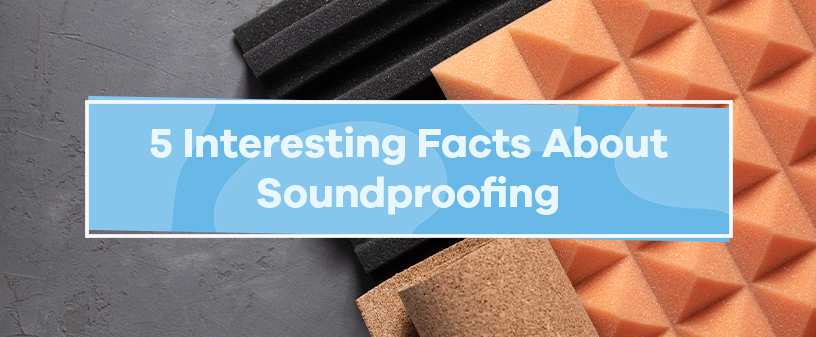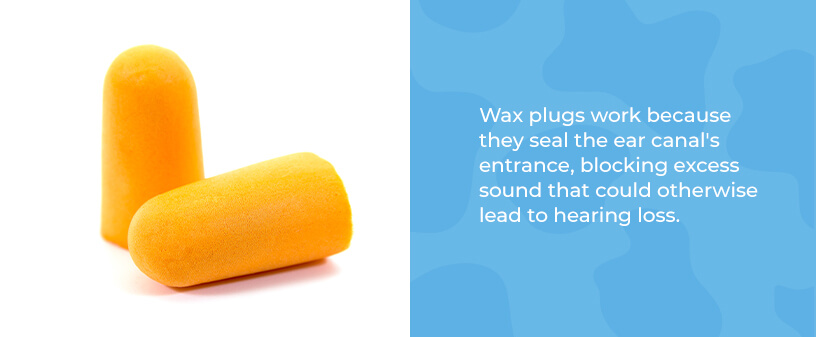
Whether you’re considering soundproofing your space or want to be familiar with different types of soundproofing, the team at Soundproof Cow has you covered. We’ve compiled some of our favorite facts about soundproofing, so keep reading to learn more.
1. Every Increase of 10 dB Doubles a Sound’s Loudness
Rather than counting in increments, every raise of 10 decibels (dB) reflects the sound doubling.
Many blenders are between 70 dB and 80 dB. While this range may not seem significant, it means some models are twice as loud as others. Another example is watching a movie at 70 dB, which is only half as loud as attending a music festival where the speakers play music at 80 dB.
2. Volcanic Explosion in Indonesia Was the Loudest Sound in the World
A volcano on Krakatoa erupted in 1883, creating the loudest documented sound to date at 310 decibels.
Even people 3,000 miles away reported hearing a sound similar to canons. The source was the eruption, which reached 310dB. For comparison, thunder can reach 120 dB. The volcano’s sound was well beyond the human threshold for pain, and a captain on a ship 40 miles from the explosion reported his crew’s eardrums shattering.
3. Wax Plugs Were the Earliest Form of Soundproofing
Identifying who invented soundproofing can be challenging due to the practice’s long history. If you’ve heard of “The Odyssey,” you may know that, even in this ancient Greek story, Homer describes a group of sailors using wax plugs to lessen the sounds of sirens calling.
Wax plugs work because they seal the ear canal’s entrance, blocking excess sound that could otherwise lead to hearing loss. Wax earplugs are still common, though many choose alternatives, such as silicon. Soundproofing solution manufacturers also use wax on their products to help reduce or deaden sound.
4. You Can’t Hear a Single Sound in Space
We’ve covered the loudest sounds and how to block them, but what about places without sound? Since sound requires air particles to travel and space is a vacuum, there is nothing to carry it in space.
The exception occurs when something in space, such as gravitational waves near a black hole, can host sound waves.
5. Cows Are More Sensitive to Noise Than Humans
Even if you have excellent hearing, cows are more sensitive in this regard. These animals can hear frequencies from 23 Hz to 35k Hz and are most sensitive to sounds at about 8 kHz.
Some believe that cows in potentially high-stress environments, such as production facilities, may benefit from music therapy. However, cows can make plenty of noise on their own, too, with moos reaching over 70 dB.
Contact Soundproof Cow for Soundproofing Solutions
We’ve established that cows are sensitive to sound, and the experts at Soundproof Cow are determined to deliver high-quality soundproofing solutions. Contact us today to learn more about how we can help.








